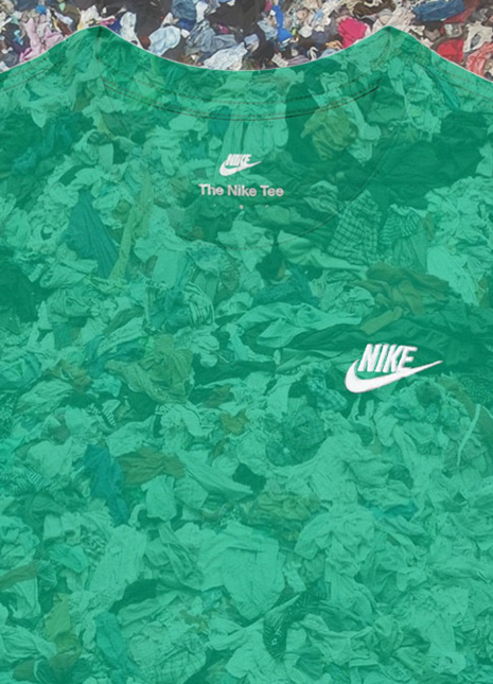
Waste Not, Wear Now: Sunglasses Reimagined
Turning trash into trend.
In the heart of Patagonia, a visionary eyewear company, Karün, is revolutionizing the way we think about fashion, sustainability, and community. Founded by Thomas Kimber in 2012, Karün is a testament to the power of innovation and environmental stewardship. By transforming trash into treasure, Karün crafts stylish sunglasses from unconventional materials like recycled fishing nets, car parts, and even cigarette butts, turning pollutants into products of elegance and function.
What sets Karün apart is its foundational philosophy: the regeneration model. This model is a holistic approach that encompasses the use of recycled materials and a commitment to supporting local communities and ecosystems. From the rugged landscapes of Patagonia to bustling city streets worldwide, Karün is leading by example, demonstrating that high-quality, sustainable products are within our reach.
One of their groundbreaking initiatives involves creating sunglasses from recycled cigarette butts, addressing one of the world's most pervasive forms of plastic pollution. In collaboration with Chilean cleantech company Imeko, Karün has pioneered a process to detoxify and repurpose the acetate from cigarette butts into premium eyewear. This initiative showcases Karün's innovative spirit and highlights its dedication to tackling environmental challenges head-on.
Moreover, Karün's commitment to the community is evident in its sourcing model. The brand collaborates with local groups in various regions, including Patagonia, Chile, India, China, Thailand, and Europe, to support communities that typically lack opportunities. By working with "impact leaders" to collect materials like fishing nets and car parts, Karün supplies income to these communities and fosters a cycle of empowerment and leadership.
To further its mission of transparency and sustainability, Karün has developed a blockchain-based traceability system. This innovative system provides customers with insights into the journey of their eyewear, from material sourcing to the finished product. By doing so, Karün ensures that its customers are not just purchasing a product but becoming part of a larger story of environmental stewardship and community support.
As it continues to expand its global footprint, with over 5,000 points of sale in 17 countries and strategic partnerships with major retailers like Walmart, the brand remains grounded in its core values. Collaborations with influential figures like Shailene Woodley and organizations like National Geographic and The Ocean Race further amplify its message, inspiring a growing community of conscious consumers.
What do you think? Could the story of Karün inspire us to rethink our choices and their impacts on the world around us?











